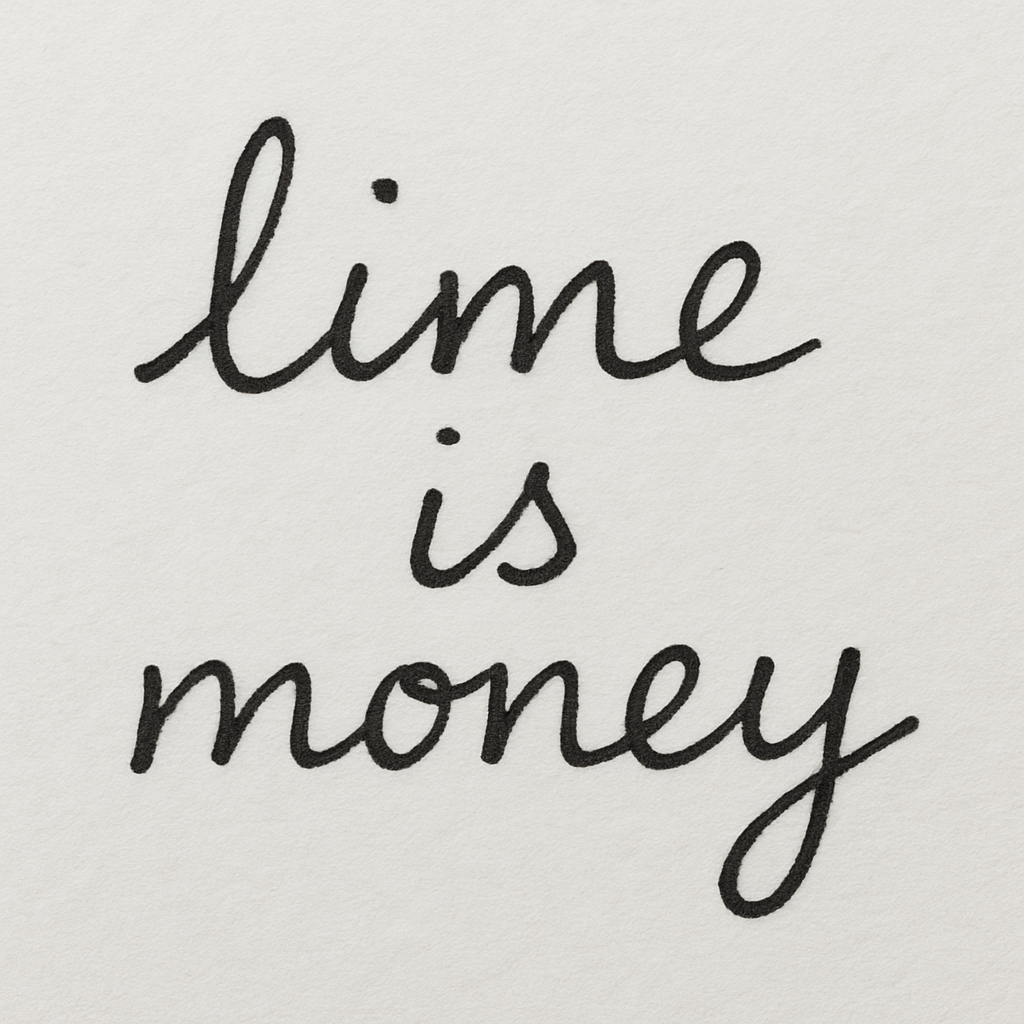
Why Skipping the Crossbar on Your T Might Say More Than You Think
Why Skipping the Crossbar on Your 'T' Might Say More Than You Think
Picture this: someone jots down a quick note, and you read, "lime is money." For a moment, you're puzzled—then you realise they meant "time is money." The human brain is smart enough to fill in missing pieces, but the question arises: why should it have to?
In handwriting, small omissions like an uncrossed ‘t’ can hint at bigger patterns in a person’s mindset. It’s not just a casual mistake—it can reveal how the writer approaches tasks, responsibilities, and even relationships.
When you leave the 't' without its crossbar, it signals something incomplete. Just like leaving a sentence half-finished or making a promise without following through. Over time, repeated patterns like this suggest a person who might start projects with energy but struggle to bring them to completion. It could reflect:
-
A relaxed or casual attitude toward responsibilities
-
A tendency to rely on others to “get the point” without clear communication
-
Inconsistent follow-through on promises or commitments
To draw a simple analogy: Imagine building a bridge but stopping just before the final plank. Most of the structure is technically there, but without that last piece, it’s not truly functional. Similarly, leaving out the cross on a 't' leaves a thought slightly unfinished, a task slightly incomplete.
On the flip side, when a ‘t’ is crossed with confidence, whether with a sharp slash or a firm horizontal line, it often mirrors strong inner qualities. These include determination, perseverance, commitment to goals, and a higher level of personal accountability.
Graphology teaches us that handwriting isn’t just about neatness or style. It's a mirror of our psychological processes, our drives, and even our hidden struggles. So the next time you sit down to write, take a second to observe your own “t’s.” Are you finishing what you start? Or are you leaving it up to the world to guess your intentions?
In life, just like in writing, completing that tiny stroke could be the difference between being understood fully and being misunderstood altogether.
